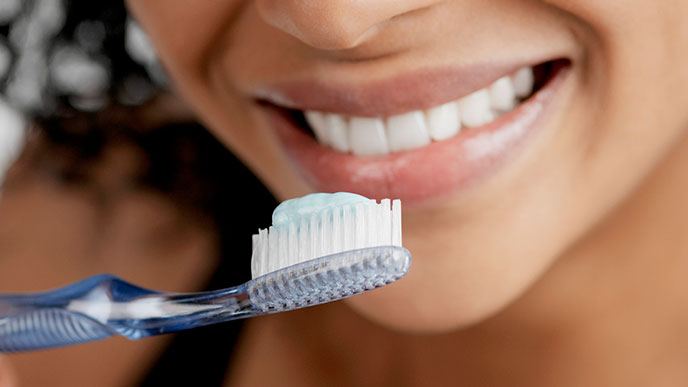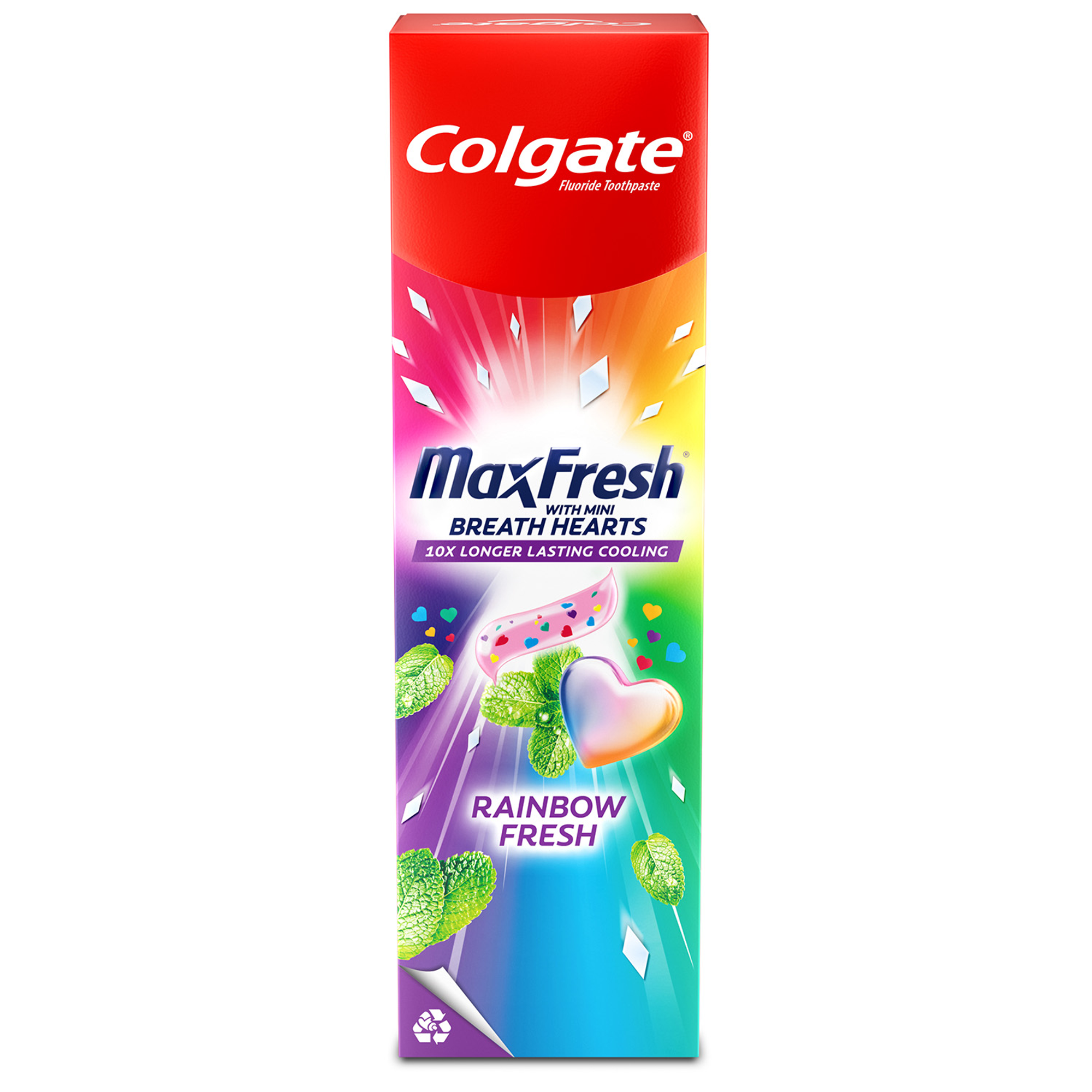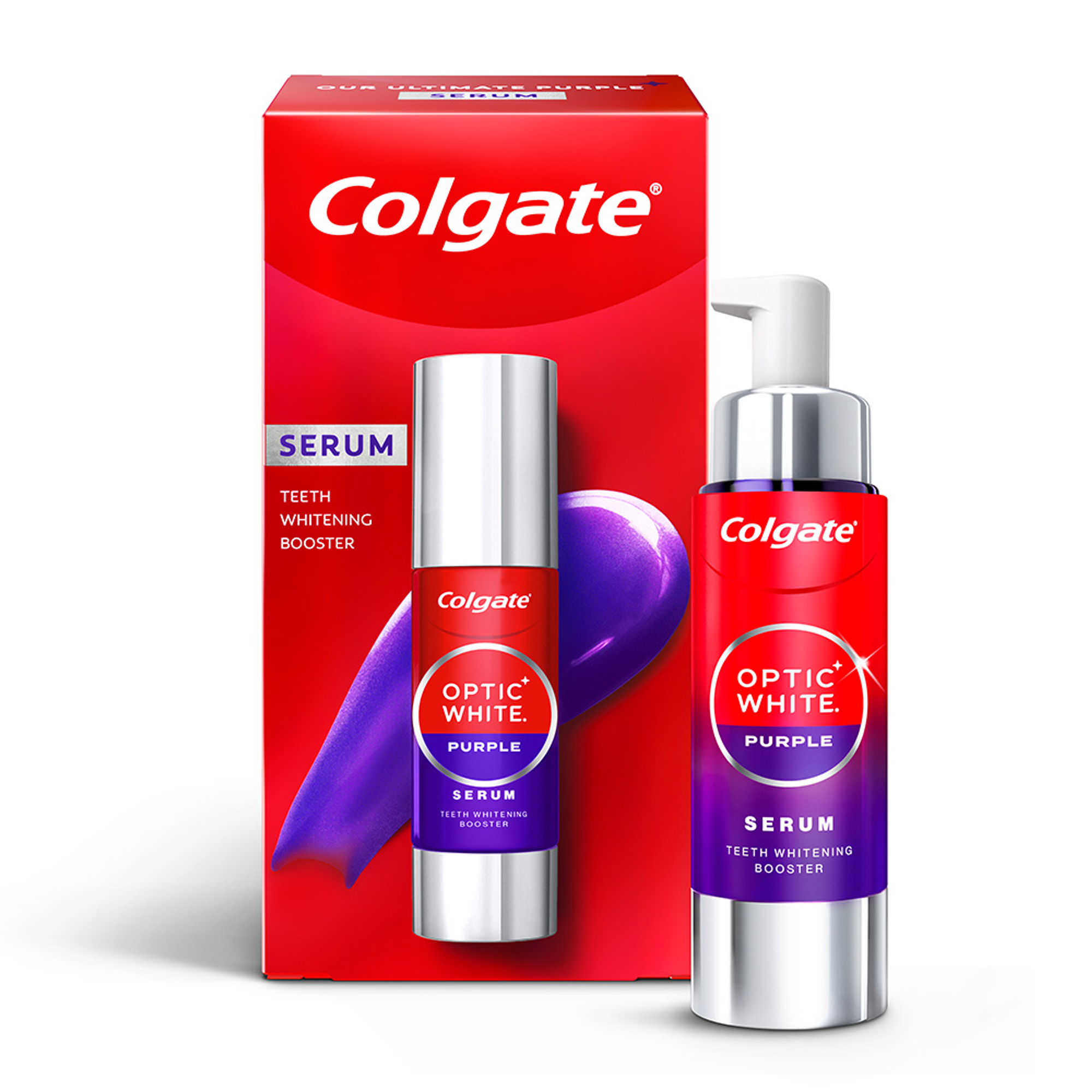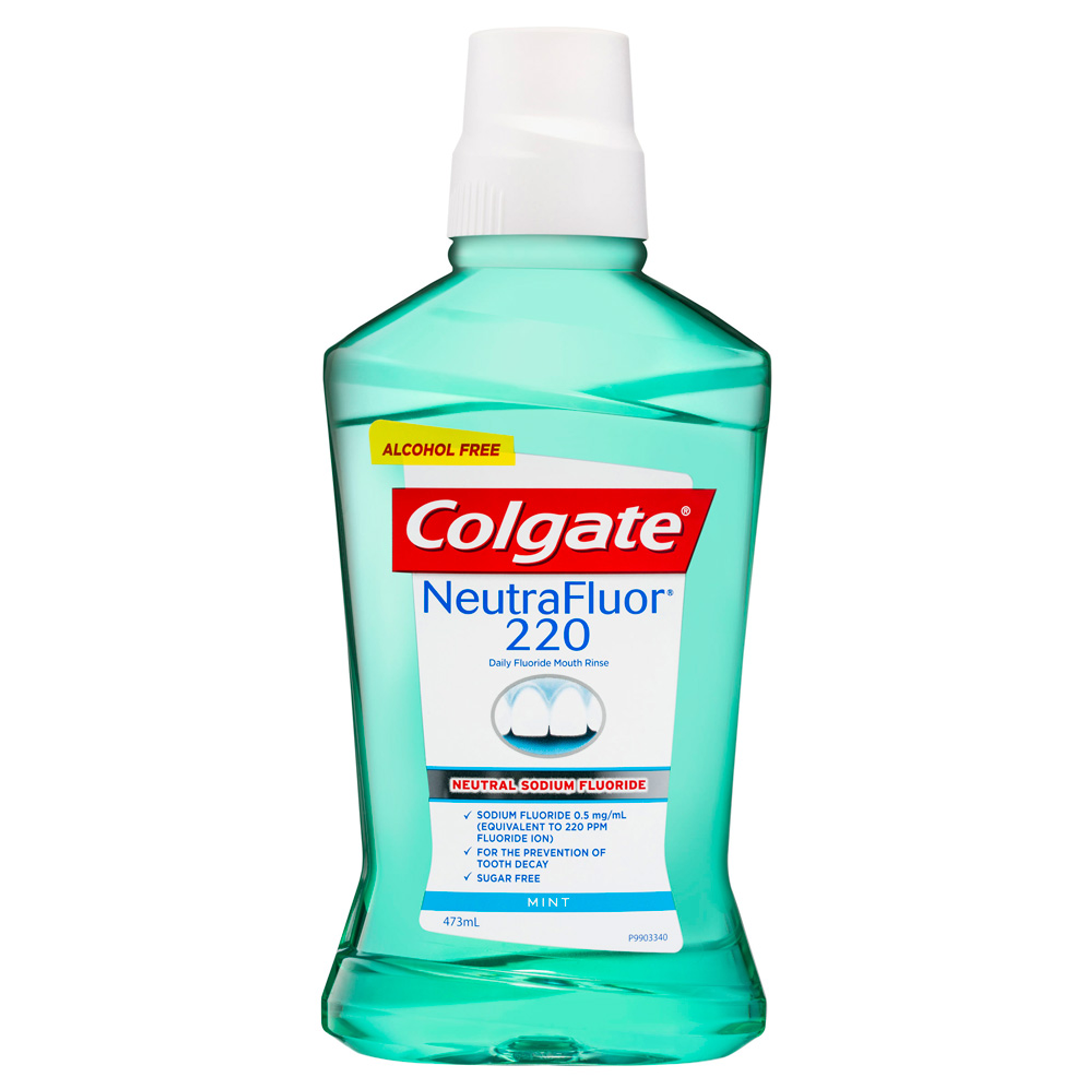What is fluoride mouth rinse?
Fluoride mouth rinse is a solution that contains fluoride. A naturally found mineral, fluoride is known to strengthen enamel and dentine and reduce cavities in children and adults. According to the Australian Dental Association (ADA), fluoride helps our teeth in two ways. It fortifies our teeth against acid attacks (keeps teeth strong), and it also repairs the early stages of tooth decay (helps the tooth to recover).
Acid attacks come from plaque, a sticky substance containing bacteria, that forms on our teeth. When the bacteria eat sugar, it releases acid, which causes teeth to lose minerals and can eventually result in cavities—diets high in sugar increase this amount of acid.
When the fluoride rinse reaches your teeth, fluoride is absorbed into the enamel and helps to remineralise and replenish the lost calcium and phosphorate that make up your tooth's hard tissue structure. Fluoride mouthwash is available over the counter (OTC), and the most common form of fluoride for daily use is sodium fluoride.
Who should use a fluoride mouth rinse?
Fluoride mouthwashes are safe and effective for daily use by anyone looking for additional protection of their smile (providing they are the appropriate age, check your product label for directions). They can be especially beneficial for people with a high risk of tooth decay. However, the Australian Dental Association recommends that children under the age of six years should not use a fluoride rinse because of the risk of ingestion. Similarly, an adult should always supervise children under the age of 12 years while they use any mouthwash.
Several conditions or circumstances might make you more susceptible to tooth decay. Therefore, if you experience any of the following, consider speaking to your dental professional about adding a fluoride mouthwash to your oral hygiene routine.
Dry mouth
Saliva is your natural tooth-cleaner between brushing sessions because it washes food particles off your teeth and neutralises decay-causing acids produced by bacteria. It also contains calcium, phosphate and other vital components which help to remineralise your teeth daily.
When you are dehydrated, or your mouth becomes dry, it puts you at higher risk of tooth decay. Many medications or medical conditions can cause dry mouth. Research from the Australian Dental Journal states that more than one in 10 Australians experience dry mouth, while for older Australians, the numbers are one in four. If you suffer from dry mouth, a fluoride rinse may be beneficial. A fluoride rinse can help to prevent decay, while also providing some moisture for temporary relief from dryness.
Gum recession
When plaque forms around your gums, they can become irritated, inflamed and bleed easily. This inflammation can also cause the gums to recede, exposing some of the tooth’s root surface. Because this root surface is not as strong as enamel, you are more susceptible to root decay. Treating more advanced gum disease also reduces inflammation, which may cause the gums to shrink and leave root surfaces partially exposed.
Other people who do not have gum disease may have exposed roots from brushing their teeth and gums too hard, so remember always to use a soft-bristled toothbrush. Depending on the severity of the gum recession, your dental professional may recommend multiple forms of fluoride protection, including a fluoride rinse.
Orthodontic braces
Plaque and sugars can demineralise the tooth enamel, causing areas of decalcification on your teeth. This decalcification creates chalky white spots which you may not be aware of while wearing braces. Once your braces are removed, however, these white lesions become apparent. Not only are they less than aesthetically pleasing, but they can also turn into fully fledged tooth cavities. This is why orthodontists sometimes prescribe a fluoride mouth rinse to limit decalcification.
Fillings, crowns and bridges
If you have a history of cavities, your dental professional may suggest extra protection by using a fluoride mouth rinse. Extensive dental work, such as crowns and bridges, provide perfect hiding spots for bacteria to begin the decay process again.
By regularly using a fluoride rinse, you may stop the decay process in its tracks, and allow the tooth to repair. Fluoride rinse just gives you that added bit of protection beyond twice daily brushing.
How to use a fluoride mouth rinse
When using a fluoride mouthwash, always use as directed, including the dose, frequency and time in the mouth.
Make sure you read the directions on the label. Some manufacturers recommend using the product either before or after brushing to maximise effectiveness.
A fluoride mouth rinse can benefit someone who is especially prone to tooth decay. However, it’s only one tool in your oral hygiene toolkit. Combine the use of fluoride mouthwash with brushing twice a day and flossing once a day to help prevent decay and plaque build-up. Practice these regularly, and you’ll be well on the road to maintaining a healthy smile.
This article is intended to promote understanding of and knowledge about general oral health topics. It is not intended to be a substitute for professional advice, diagnosis or treatment. Always seek the advice of your dentist or other qualified healthcare provider with any questions you may have regarding a medical condition or treatment.














